Towards the 14th National Congress of the Party, along with the whole country, the work of collecting comments on draft documents to be submitted to the Congress is being seriously implemented from the province to the grassroots level in mountainous districts.
People from all walks of life, cadres and party members of Tuyen Quang province expressed their agreement and confidence in the country's development orientation in the new period, and at the same time had many specific proposals to effectively promote the potential and advantages of the far North region.
In Lung Cu commune (Tuyen Quang province), Ms. Duong Thi Thanh, Principal of Lung Cu Primary School, said that the school's staff and teachers have studied the draft documents and discussed them at professional meetings.
According to Ms. Thanh, the draft Political Report of the 14th National Congress clearly shows the viewpoint of considering people as the center of development, building a comprehensive education system, and improving the quality of human resources.
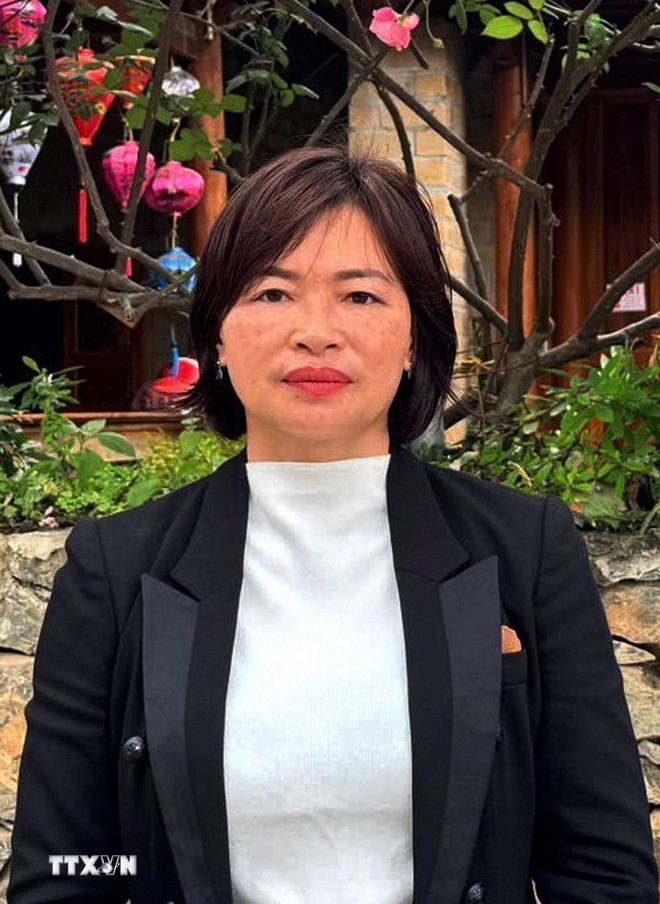
However, from the practice of education in mountainous areas, Ms. Thanh believes that it is necessary to emphasize more long-term policies on training and using ethnic minority teachers; priority regime for training on-site staff; and improving digital transformation capacity in schools in remote areas.
“Teachers in mountainous areas not only teach but also act as a bridge to bring the Party's policies to the people. Paying attention to training human resources who are ethnic minorities, have qualifications and are committed will determine the sustainability of development," Ms. Duong Thi Thanh shared.
Not only in education, the issue of preserving cultural identity associated with economic development is also of concern to many people in the highlands.
In Lo Lo Chai village (Lung Cu commune), Mr. Sinh Di Gai, Head of Lo Lo Chai village, shared that the draft document has fully mentioned the task of building and promoting Vietnamese cultural values in the new era. However, according to him, if culture is to truly spread, it is necessary to clarify the support mechanism for artisans, craftsmen, and people who teach folk arts.
He believes that developing tourism is a good direction, but if we want tourism to have its own identity, we must preserve the songs, musical instruments, costumes and customs of our ancestors. If the young generation does not learn or practice, the culture will be lost; therefore, it is necessary to add specific solutions to preserve culture associated with sustainable livelihoods for the people.
Comments from the youth force in the highlands also show their initiative and creativity in approaching new development opportunities. In Meo Vac commune, Mr. Lo Minh Thang, Secretary of the commune Youth Union, said that many young people have started doing community tourism, producing handicrafts, and introducing local agricultural products through online platforms.
Mr. Lo Minh Thang shared: Highland youth hope that this document will have more orientation on vocational training associated with practice, support for startups, and rural digital transformation. If they have the opportunity to study right in their hometown and are guided in management and marketing skills, young people can absolutely live well on this land.
From the perspective of local management, Mr. Tran Van Chung, Chairman of the People's Committee of Lung Cu commune, Tuyen Quang province, assessed that the draft documents of the 14th National Congress clearly defined the development orientation of the northern mountainous region in the direction of promoting the potential of culture, tourism, and border gate economy, associated with ensuring national defense and security in border areas.
According to Mr. Chung, in order to effectively orient the development of the highlands, it is necessary to emphasize the construction of a unique community tourism center, associated with a mechanism for vocational training and skills development for ethnic minority youth; at the same time, prioritize investment in inter-regional transport infrastructure to form a synchronous and sustainable network of tourism spaces.
“When infrastructure is improved, people have stable livelihoods, culture will naturally be preserved and spread. Development must put people in the main position,” Mr. Tran Van Chung shared.
The above opinions show that the collection of comments on draft documents not only takes place widely but also touches the depth of awareness of cadres, party members and people of all walks of life in the highlands.
The proposals all have one thing in common, which is sustainable development based on three pillars: Education-Culture-Livelihood, with people as the center and subject.
People in the far North believe that the decisions adopted at the 14th National Party Congress will open a new development period, effectively exploit the potential of the mountainous border region, and contribute to the new, post-merger Tuyen Quang province continuing to affirm its role as a "national fence" with rich identity and aspirations to rise up./.
Source: https://www.vietnamplus.vn/tuyen-quang-phat-huy-ban-sac-van-hoa-gan-voi-dao-tao-nguon-nhan-luc-vung-cao-post1075802.vnp



![[Photo] Cutting hills to make way for people to travel on route 14E that suffered landslides](https://vphoto.vietnam.vn/thumb/1200x675/vietnam/resource/IMAGE/2025/11/08/1762599969318_ndo_br_thiet-ke-chua-co-ten-2025-11-08t154639923-png.webp)




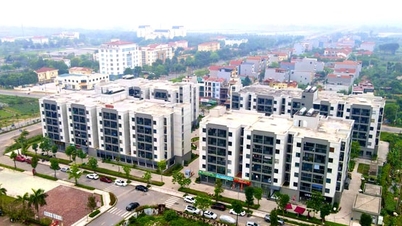




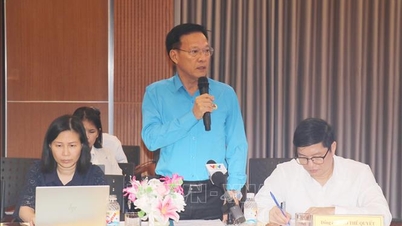


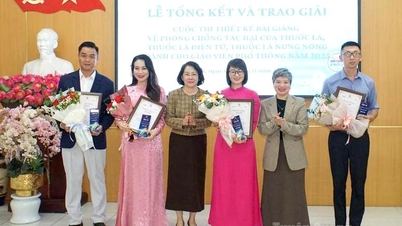

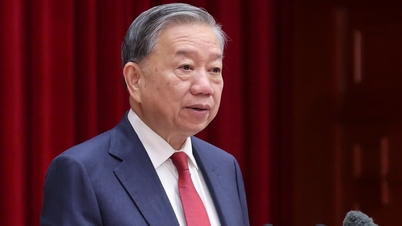

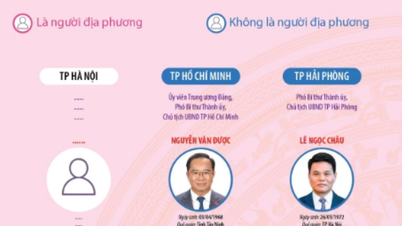









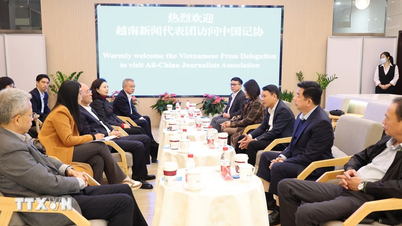

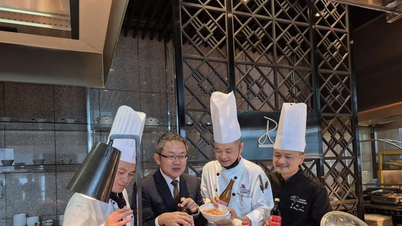

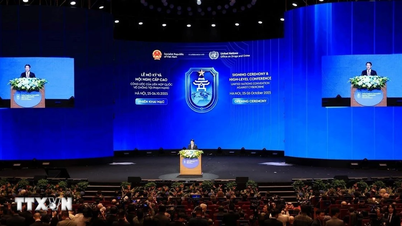








![[Video] Hue Monuments reopen to welcome visitors](https://vphoto.vietnam.vn/thumb/402x226/vietnam/resource/IMAGE/2025/11/05/1762301089171_dung01-05-43-09still013-jpg.webp)






























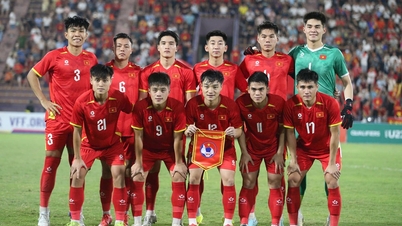


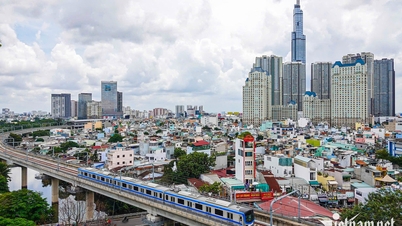









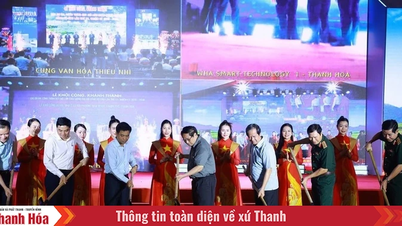

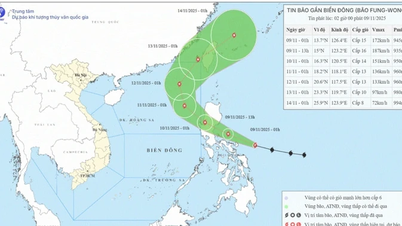

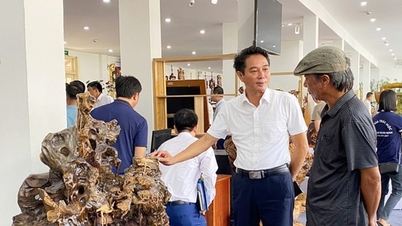
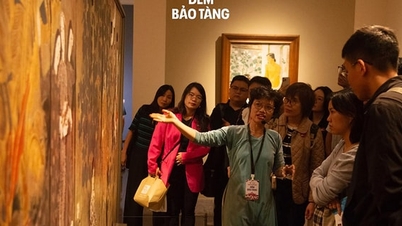
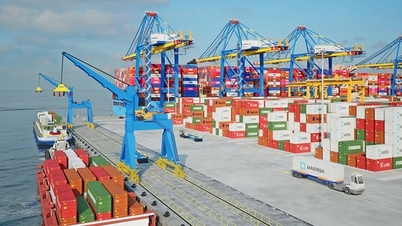

















Comment (0)